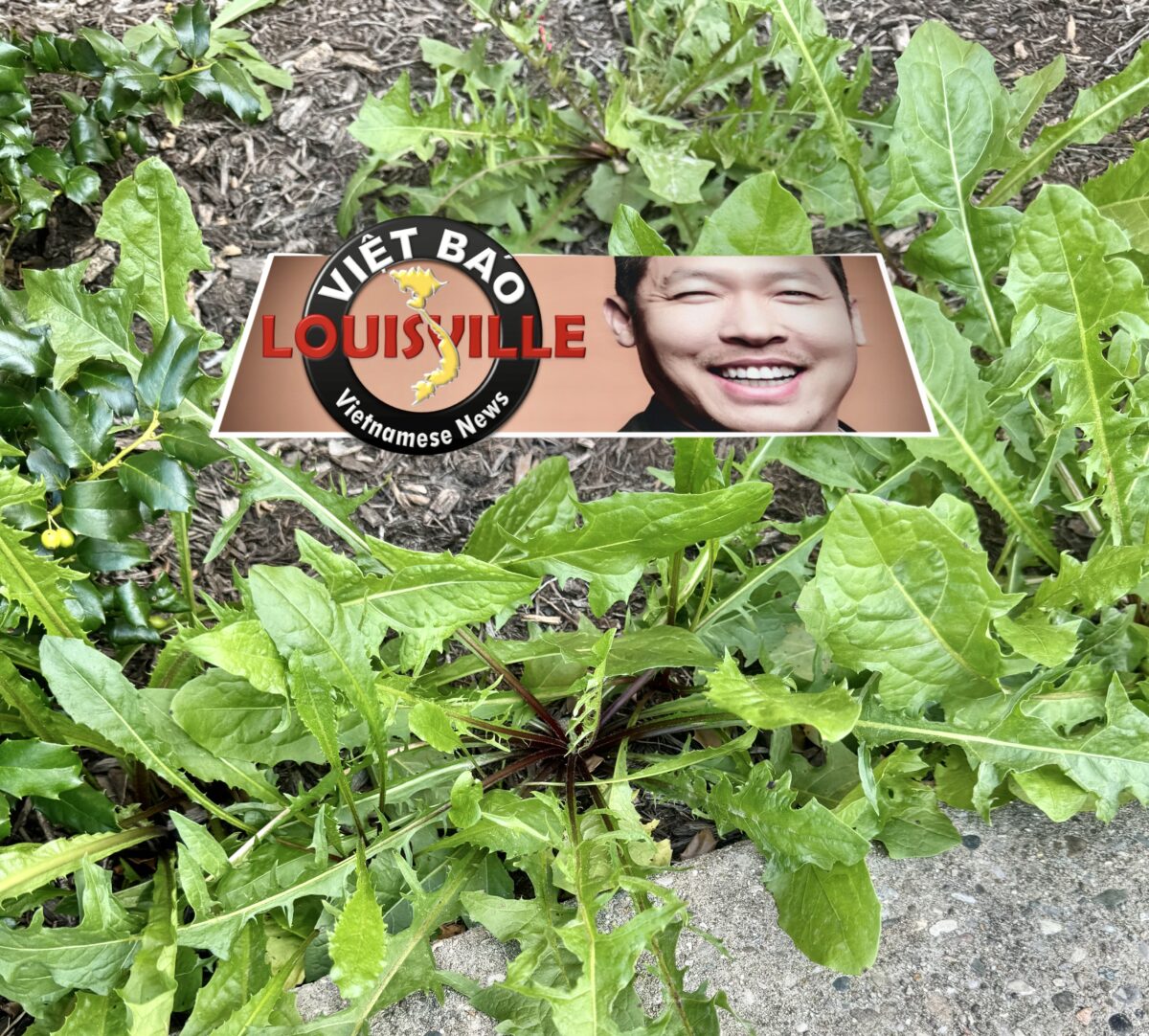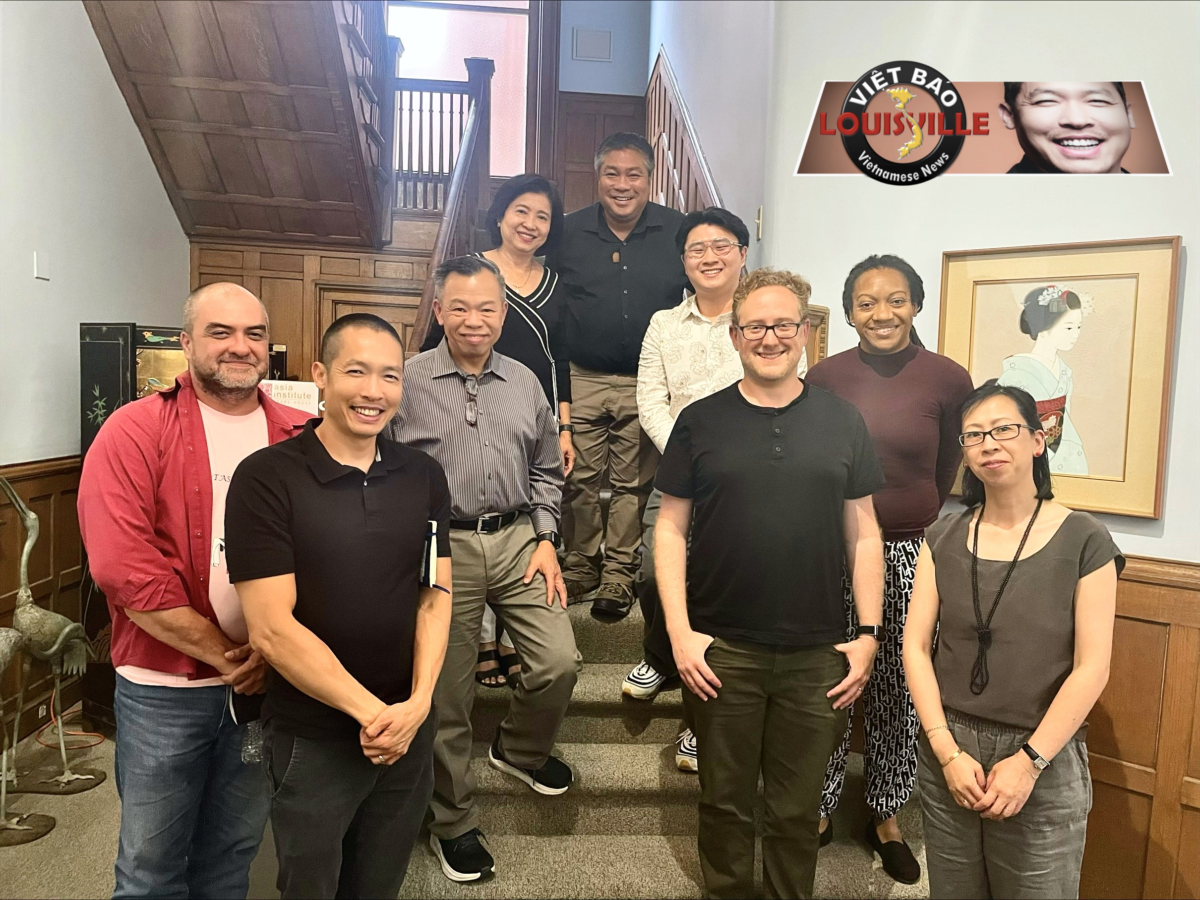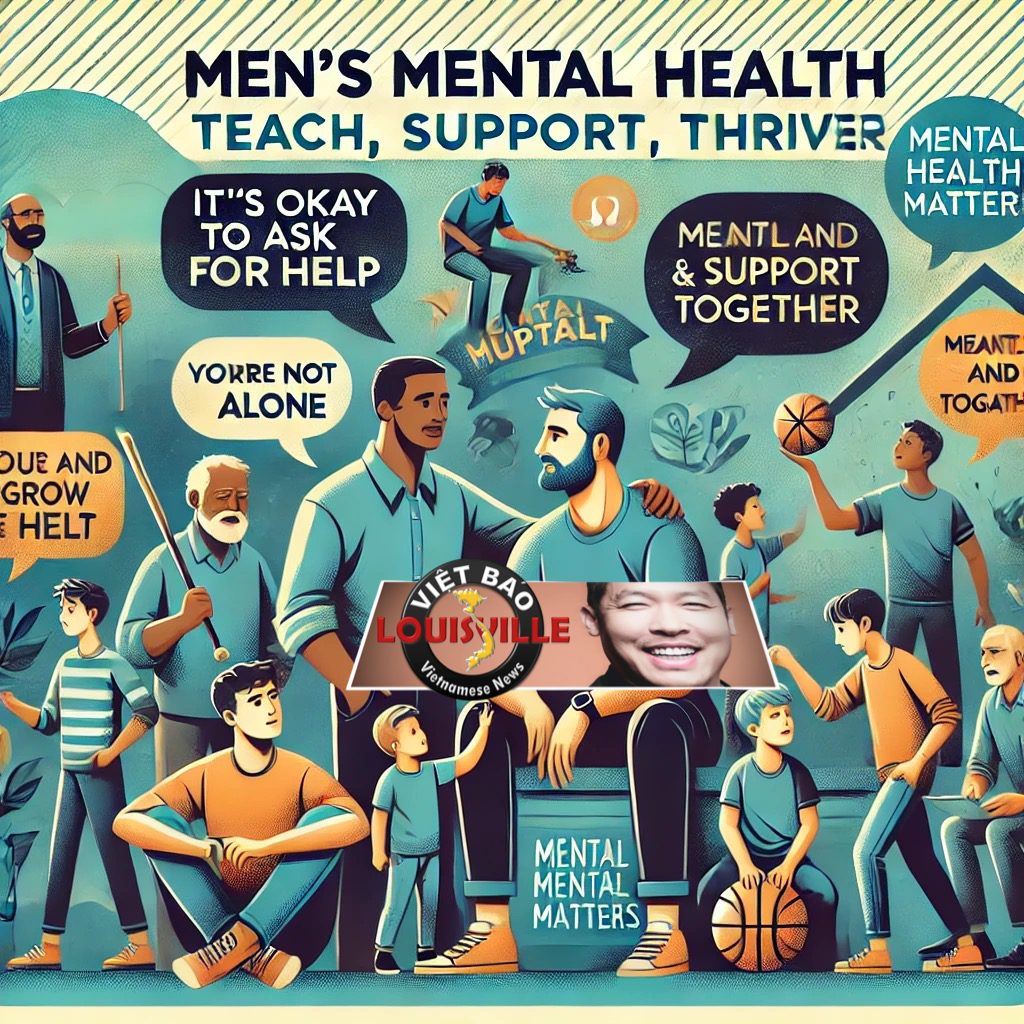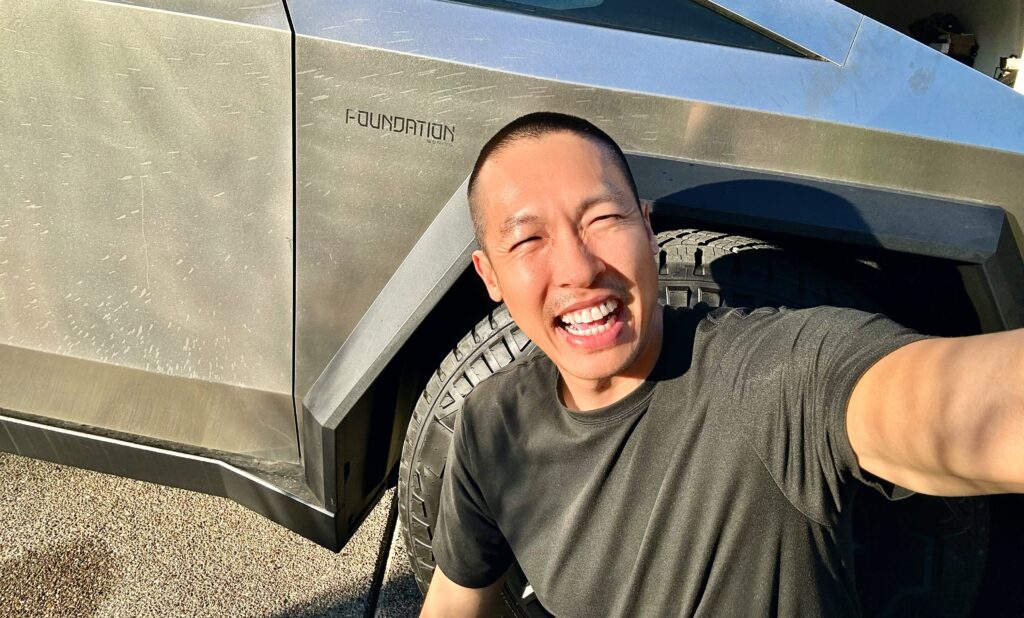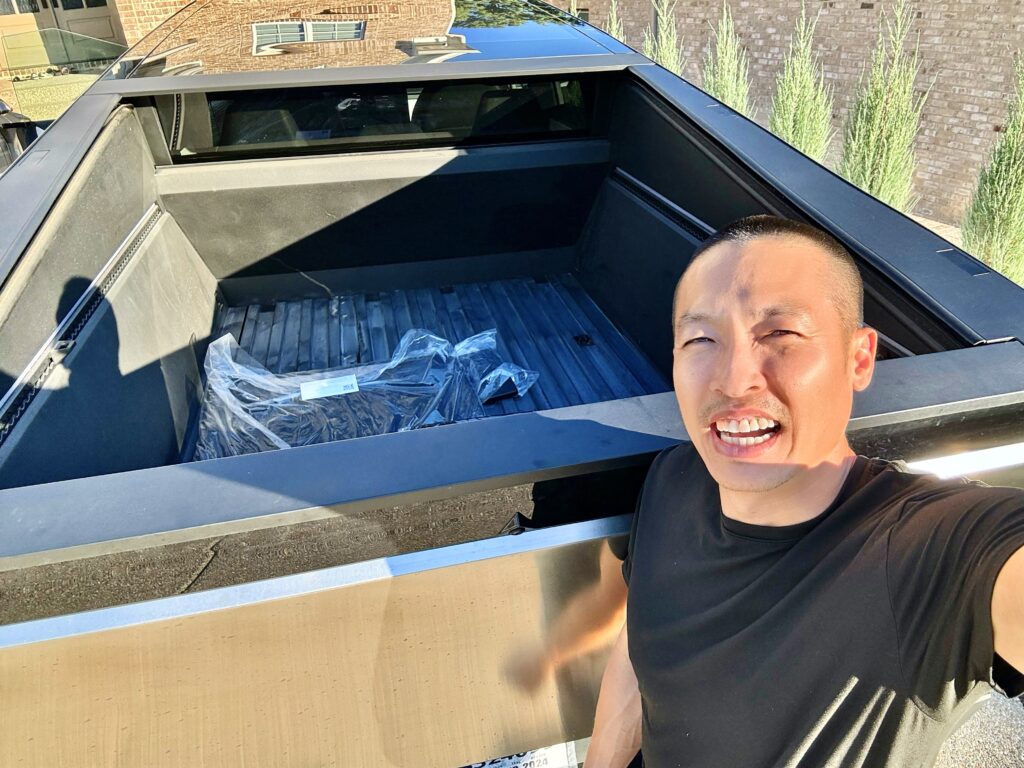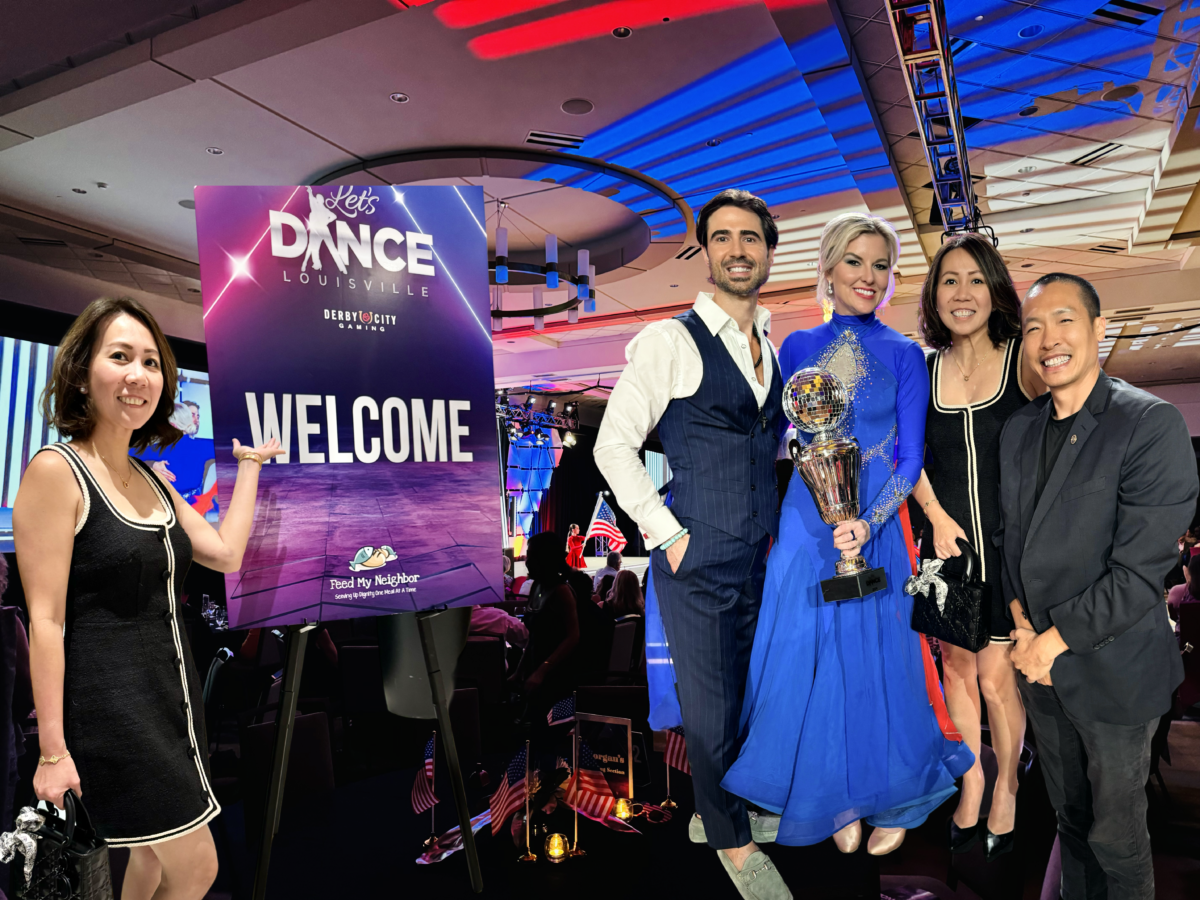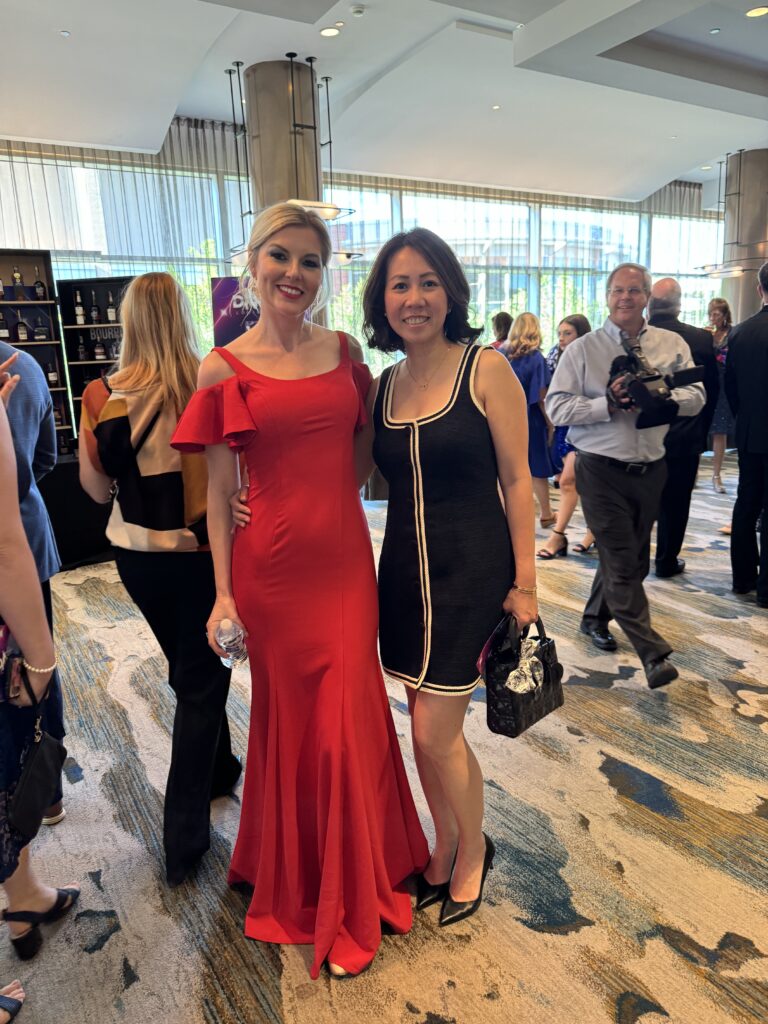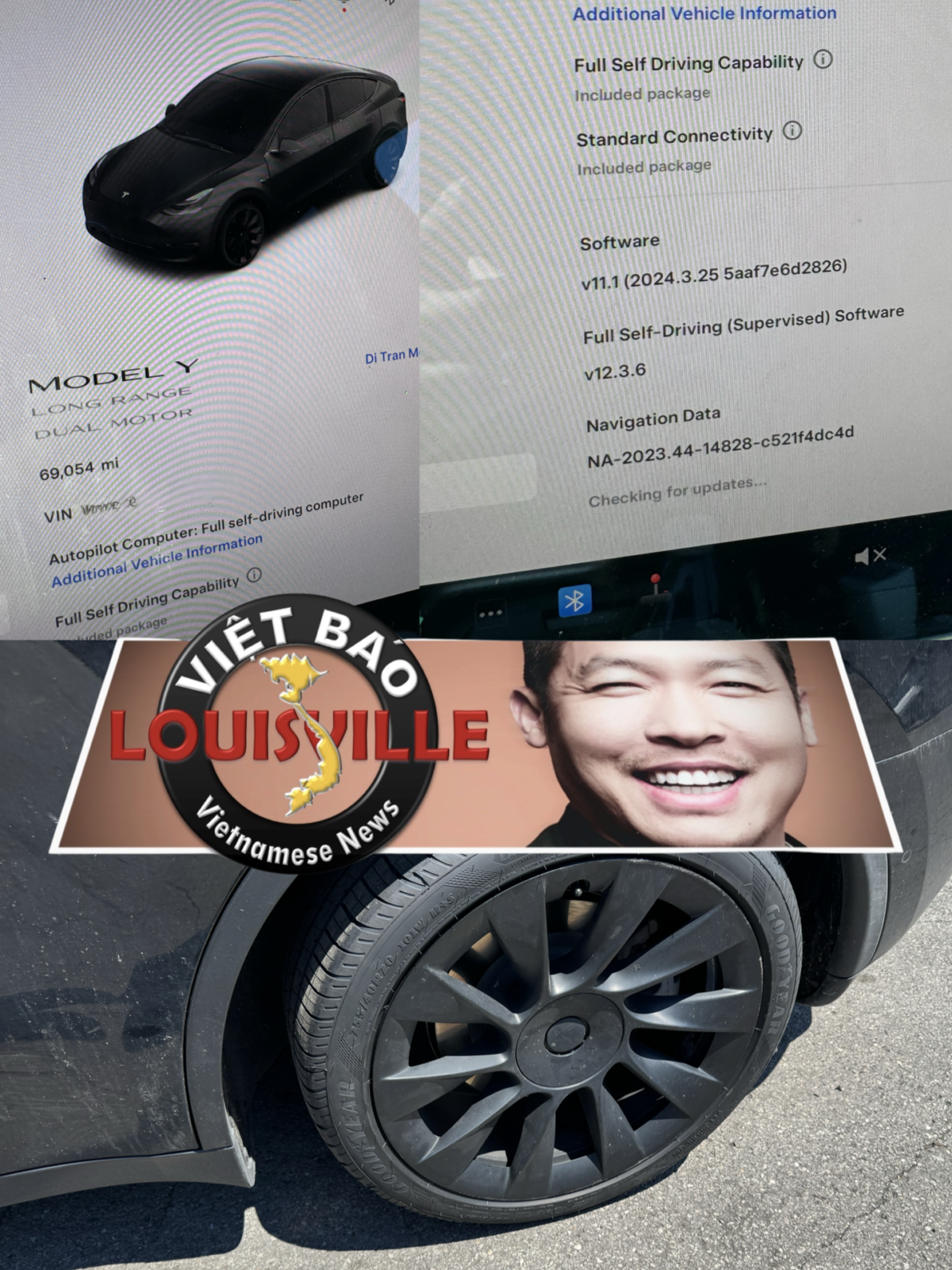In the ever-evolving world of literature and publishing, one of the most profound shifts in recent years is the rise of Artificial Intelligence (AI) as a modern-day ghostwriter. Traditionally, ghostwriters have been the invisible hands behind a significant number of books, particularly in non-fiction and genre fiction. However, with the advent of advanced AI technologies, the ghostwriting world is undergoing a seismic change that could redefine authorship as we know it.
The Role of Ghostwriters in Publishing
Ghostwriting has long been a cornerstone of the publishing industry, particularly in genres like celebrity memoirs, political autobiographies, business books, and self-help guides. Estimates suggest that up to 70-80% of books in these categories are written by ghostwriters. In commercial fiction, particularly in genres like romance, thriller, and crime, ghostwriting is also prevalent, accounting for approximately 20-40% of publications. In the world of memoirs and autobiographies, the figure climbs even higher, with 80-90% potentially being ghostwritten.
These ghostwriters have traditionally worked behind the scenes, crafting stories, refining narratives, and ensuring that the final product aligns with the public persona of the credited author. Their contributions, while significant, often remain unacknowledged, with the focus placed squarely on the public figure whose name graces the book cover.

Enter AI: The New Ghostwriter
As AI technology has advanced, it has begun to play a role similar to that of human ghostwriters. AI writing tools, such as GPT (Generative Pre-trained Transformers), are now capable of generating coherent, nuanced text that can rival, and sometimes surpass, the efforts of human writers in certain contexts. This capability is leading to a significant transformation in how content is produced and by whom.
AI in Content Generation
AI’s ability to generate large volumes of text quickly is one of its most significant advantages. Authors and publishers are increasingly turning to AI to draft books, articles, and other written content. What might have taken months for a human writer to produce can now be accomplished in a fraction of the time with AI assistance. This rapid content generation is particularly appealing in markets where speed and efficiency are crucial.
In many cases, AI is used as a collaborative tool. Authors may employ AI to brainstorm ideas, generate outlines, or even write entire sections of a book. The AI’s contribution can be substantial, making it a silent partner in the creative process—essentially, a ghostwriter in the digital age.
AI in Editing and Rewriting
Beyond content generation, AI is also making its mark in editing and rewriting. Advanced algorithms can polish and refine text, ensuring consistency in tone, style, and grammar. While human editors still play a crucial role, AI can streamline the process, offering suggestions and improvements that enhance the final product’s quality. This ability to rewrite and refine content is another way AI is taking on the role of a ghostwriter.
Personalized Content Creation
One of the most innovative applications of AI in writing is personalized content creation. By analyzing reader preferences and market trends, AI can generate content tailored to specific audiences. This approach is particularly valuable in niche publishing sectors, where understanding and catering to a particular readership can be the difference between a book’s success and failure. In this sense, AI not only ghostwrites but also plays a role in market strategy, shaping the content to meet consumer demands.
The Ethics and Economics of AI Ghostwriting
The rise of AI as a ghostwriter raises important ethical questions. Should readers be informed if a book or article was significantly written by AI? What does it mean for authorship and the value of human creativity? As with human ghostwriting, the use of AI in writing brings issues of transparency and authenticity to the forefront. These are questions the industry will need to address as AI continues to play a more prominent role in content creation.
From an economic standpoint, AI offers a cost-effective alternative to human ghostwriters. For publishers looking to reduce costs, especially in markets with tight budgets, AI can be an attractive option. This cost-efficiency could lead to a greater reliance on AI-generated content, further disrupting traditional ghostwriting roles.
The Future of Ghostwriting in the Age of AI
As AI continues to develop, its role in the publishing industry is likely to expand. While it may not entirely replace human ghostwriters—especially in areas that require deep creativity, emotional resonance, or complex narrative structures—AI is certainly reshaping the landscape of content creation.
In a world where up to 80% of non-fiction books and 40% of commercial fiction might involve ghostwriters, the introduction of AI as a writing partner represents a significant shift. It challenges traditional notions of authorship and opens up new possibilities for how stories are created and consumed.
The ghostwriting revolution is here, and AI is at the forefront. As the technology continues to evolve, it will be fascinating to see how the publishing world adapts and what new forms of storytelling will emerge. One thing is certain: the literary landscape will never be the same.

